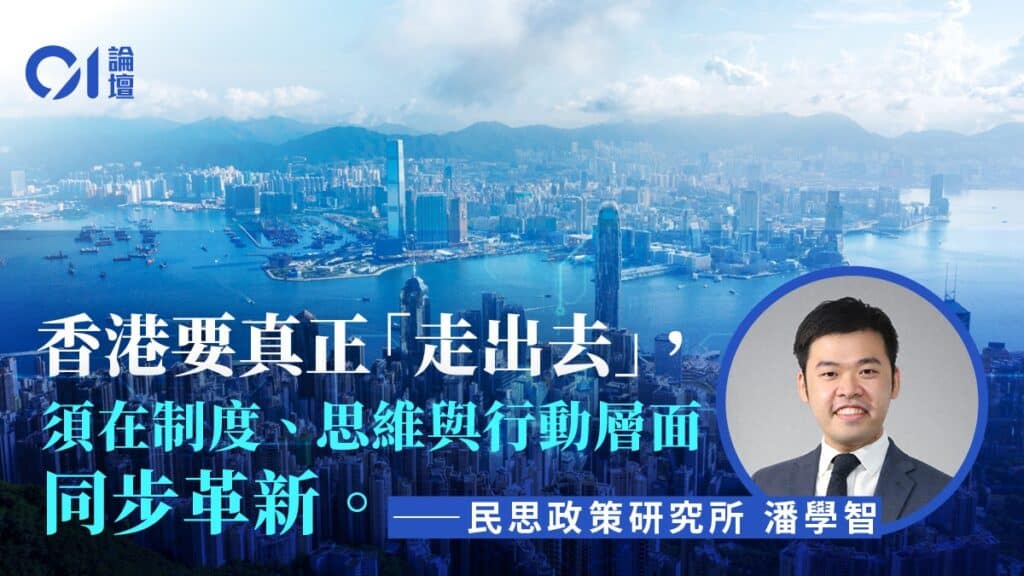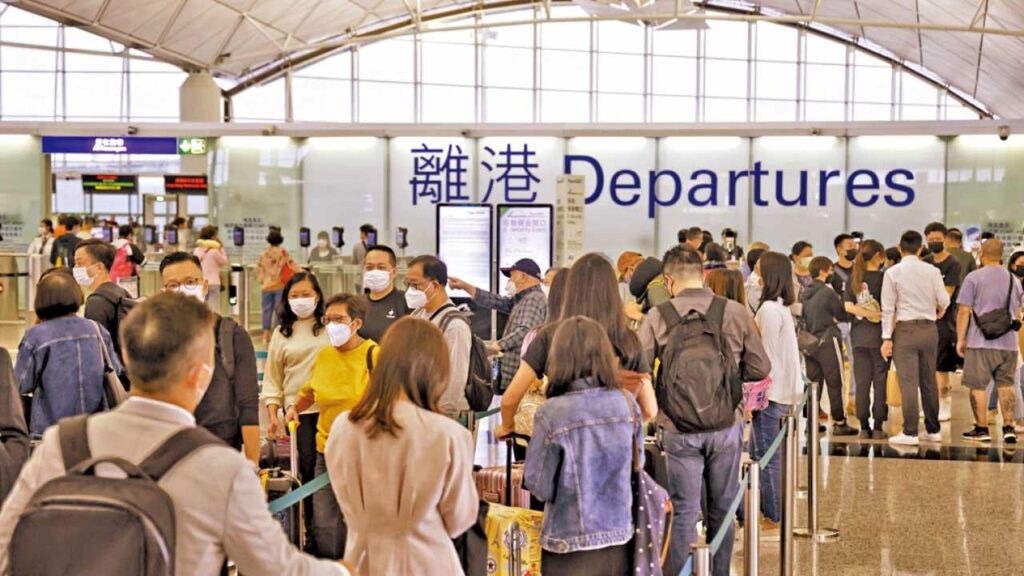When Sino-US relations fell to a freezing point, the ten ASEAN countries and the five countries of China, Japan, South Korea, Australia and New Zealand signed RCEP, reaching the world's largest trade agreement. Among Hong Kong's top ten trading partners, RCEP members account for seven. In order to avoid being marginalized, we must strive to join. Trade agreements are like technical documents, bitter and difficult to understand. It is normal for this economic headline to be popular among the public and the public. Closer business ties and more extensive personnel exchanges will slowly emerge in the future, but those who see doubts are protesting and hope to correct them.
Open service market and unify trade rules
People ask why Hong Kong still needs to sign a free trade agreement when it is already a free port? Indeed, in terms of imports, Hong Kong's tariffs are equal to zero, and there is no way to reduce them. It is impossible to use tax reductions to attract foreign goods to Hong Kong. In terms of exports, Hong Kong is an entrepôt port. Hong Kong-produced goods are negligible, and foreign tariff preferences are actually lighter than a feather. However, the free trade agreement also includes a service trade component, which aims to lower the entry threshold for various service industries, which is of great benefit to Hong Kong, which has the service industry as its core. Take the banking industry as an example. Many countries will set investment restrictions to protect local companies. They stipulate that foreign capital cannot open a business alone, but must form a joint venture with local companies, and the equity cannot exceed half. The trade in services agreement also covers the mutual recognition of qualifications such as accountants and lawyers. Professional services have always been Hong Kong's advantage, which is enough to attract foreign companies to establish regional headquarters in Hong Kong.
Another question is that Hong Kong has signed bilateral trade agreements with ASEAN, Australia and New Zealand respectively, and also has a CPEA with the mainland. Wouldn't the help of signing more than one be limited? In fact, trade agreements are the result of negotiations and compromises. Each agreement has its own rules of origin and preferential treatment. Hong Kong currently has agreements with four RCEP members and has four sets of standards. For example, Hong Kong's exports are mainly jewelry. For a diamond pendant to be called made in Hong Kong, the mainland requires that 30% of the value of the goods be contributed by Hong Kong, while ASEAN requires 40%. The more free trade agreements there are, the more chaotic they become. They are as tangled as noodles, which eventually discourages the business community and is counterproductive, creating a "noodle bowl effect." Regional agreements such as RCEP emerged to unify rules and simplify procedures.
Gaining a say in setting regional standards
A survey conducted by Democratic Ideas found that more than half of the citizens agreed that Hong Kong should not only contribute to the overall development of the country, but also play a more active role on the international stage. RCEP is mainly in developing countries, which is a market with low regulatory level and loose legal requirements. It is especially lagging behind on labor and environmental issues. It is Hong Kong's international obligation and corporate responsibility to spread high-quality business standards through economic and trade cooperation and bring Asia into line with advanced societies such as Europe and the United States. Joining RCEP means that Hong Kong will have a seat in regional governance and can jointly formulate standards with developed countries such as Japan, South Korea, Australia, and New Zealand in areas such as e-commerce, consumer rights, intellectual property, and personal data exchange.
The trade war has accelerated the shift of global supply chains to Southeast Asia, and now Asian countries are united to withstand the economic costs of decoupling between China and the United States. Living in the cracks between major powers, how can Hong Kong gain a say if it does not participate? Being able to independently participate in international trade agreements is a unique status conferred by the Basic Law. When Western society regards Hong Kong as a target for anti-China, we need to better practice "one country, two systems" and connect with the focus markets of the "Belt and Road Initiative" on the international map. Maintain influence and competitiveness.
(This research project is funded by the Hong Kong SAR Government’s Innovation Office Public Policy Research Funding Scheme (Special Round).)
Ray Poon
Co-Convenor (Research), Path of Democracy



